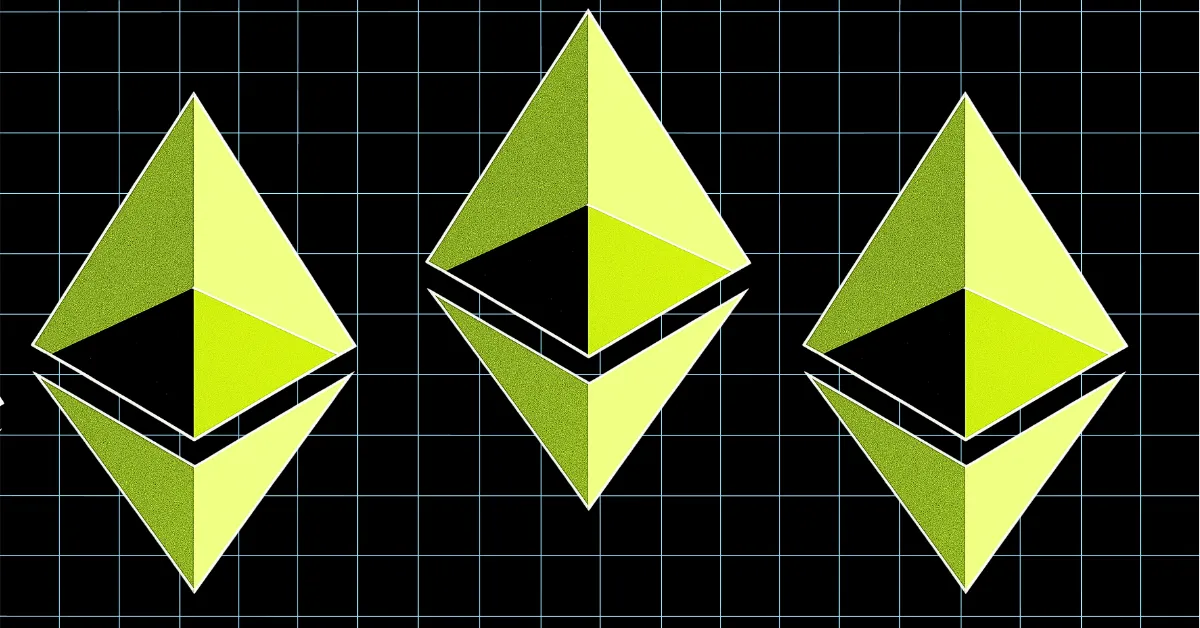AI, or Artificial Intelligence, has become an integral part of modern society, transforming various industries and aspects of daily life. From healthcare to finance, from education to entertainment, AI’s influence is pervasive and growing. Understanding the implications and potential of AI is crucial for navigating the future landscape of technology and society.
AI refers to the simulation of human intelligence in machines that are programmed to think and learn like humans. These machines can perform tasks that typically require human intelligence, such as visual perception, speech recognition, decision-making, and language translation. The development of AI can be traced back to the mid-20th century, with significant milestones including the creation of the Turing Test by Alan Turing and the development of expert systems in the 1970s and 1980s. Today, AI is powered by advanced algorithms, big data, and powerful computing systems, enabling it to process vast amounts of information and make complex decisions.
算法與數據
AI’s capabilities are largely dependent on the algorithms and data it uses. Algorithms are sets of rules or instructions that guide the AI’s decision-making processes. They can be simple or highly complex, depending on the task at hand. For example, a basic algorithm might be used to sort numbers in ascending order, while a more complex one might be used to recognize patterns in large datasets. The quality and relevance of the data fed into these algorithms are crucial. High-quality data ensures that the AI’s outputs are accurate and reliable. In contrast, poor-quality data can lead to biased or incorrect results.
Machine learning, a subset of AI, involves training algorithms to improve their performance over time. This is done by feeding the algorithm large amounts of data and allowing it to learn from the patterns it identifies. For instance, a machine learning algorithm might be trained to recognize images of cats by being shown thousands of cat pictures. Over time, the algorithm learns to identify the key features that distinguish cats from other animals, such as their ears, whiskers, and fur patterns.
AI 的應用
AI’s applications are vast and varied, touching almost every sector of society. In healthcare, AI is used to diagnose diseases, develop personalized treatment plans, and even perform surgeries with robotic assistance. For example, AI-powered diagnostic tools can analyze medical images, such as X-rays and MRIs, to detect conditions like cancer at early stages. This early detection can significantly improve patient outcomes and save lives.
In the finance industry, AI is employed for fraud detection, risk assessment, and algorithmic trading. AI systems can analyze transaction patterns to identify fraudulent activities in real-time, helping financial institutions to prevent losses. Additionally, AI-driven risk assessment models can evaluate the creditworthiness of individuals and businesses more accurately, reducing the risk of default. Algorithmic trading, which uses AI to execute trades at high speeds and volumes, has revolutionized the stock market, making it more efficient and accessible.
Education is another sector where AI is making significant inroads. AI-powered educational tools can personalize learning experiences, adapting to the individual needs and learning styles of students. For example, AI tutors can provide immediate feedback and additional practice on topics where a student is struggling. This personalized approach can enhance learning outcomes and make education more inclusive. Furthermore, AI can assist in administrative tasks, such as grading and scheduling, freeing up educators’ time to focus on teaching.
伦理与隐私
As AI becomes more integrated into society, ethical considerations and privacy concerns become increasingly important. One of the primary ethical issues is bias in AI systems. Since AI algorithms learn from the data they are fed, any biases present in the data can be amplified and perpetuated by the AI. For example, if a facial recognition system is trained primarily on images of white males, it may perform poorly when identifying individuals from other demographic groups. This can lead to unfair treatment and discrimination.
Privacy is another significant concern. AI systems often require large amounts of personal data to function effectively. This data can include sensitive information such as medical records, financial transactions, and personal communications. Ensuring the security and privacy of this data is paramount. Data breaches can have severe consequences, including identity theft and financial loss. Therefore, it is essential to implement robust security measures and adhere to strict data protection regulations.
Moreover, there are concerns about the potential misuse of AI. For instance, AI-powered surveillance systems can be used to monitor individuals’ activities, raising questions about civil liberties and human rights. It is crucial to establish clear guidelines and regulations to prevent the misuse of AI and protect individuals’ rights.
結論
AI’s impact on society is profound and far-reaching. From improving healthcare outcomes to revolutionizing the finance industry and personalizing education, AI’s potential is immense. However, as AI continues to evolve, it is essential to address the ethical and privacy concerns that come with it. Ensuring that AI systems are fair, unbiased, and secure is crucial for building trust and maximizing their benefits. By doing so, we can harness the power of AI to create a better, more equitable future for all.





